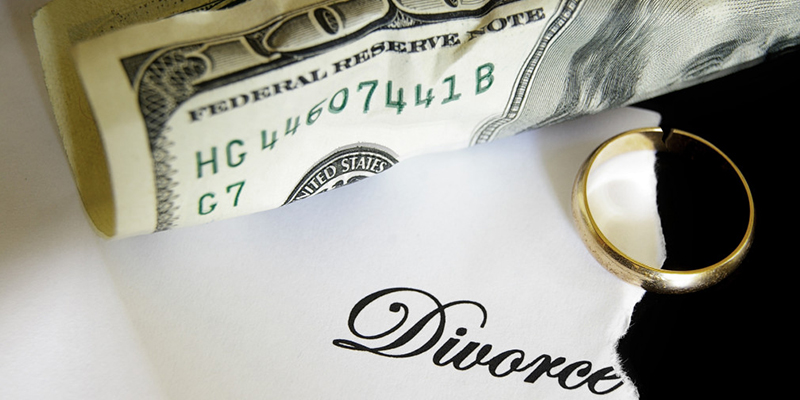Handling investments during a divorce can be confusing and overlooked. This article has some interesting background and tips. In this post, we will summarize what every person thinking of divorce should know about investments during this difficult time.
First, each spouse must know what the other has in investments, separately and collectively. Not all spouses have full access to statements or even know who handles or holds certain accounts. Before beginning a divorce, and certainly after one begins, it really is critical to have all of this information – account numbers, account types, balances.
Courts generally divide investment accounts in a multistep process. First, they must determine which part of an investment is separate property and which is marital property. Some investments (public school system pensions for example) are not considered marital property. Others may have both a separate and marital component, as the investment account may have begun before marriage and continue to accrue benefits during marriage with marital assets. After clearly determining the marital portions, courts generally divide these equally, and use a Qualified Domestic Relations Order (QDRO) to separate the marital portion to the former spouse.
Second, think carefully about liquidating any investment during or right after divorce. In general, courts put a hold on disposing of any assets during the divorce. But if the divorce drags on or parties need money, the investment accounts often get drained. You should know that doing so has real consequences. Most of these accounts have early withdrawal penalties, so the value of your asset could drop significantly. Further, if you made a profit on these accounts, those capital gains will be taxed. On the other hand, if the investment is losing money, it might make sense to liquidate and take the tax loss, increasing family net worth.
Also, when executing a QDRO, if the money goes into a separate similar retirement account, you will not have any fees or tax consequences. But if you choose a cash out option, you will have to pay taxes.
Finally, as you think about investments in settling a divorce, be wary of thinking only short term. If you find yourself a cash strapped spouse, it will seem like a good idea to swap retirement assets for some other assets (liquid) now. But this could be a bad idea if those investments are your only retirement source and will grow over time. It may make more sense to downsize or consolidate to debt to avoid giving to the other spouse too much of your stake in the retirement asset.
If you have additional questions about investment and divorce, contact us – we can help.
